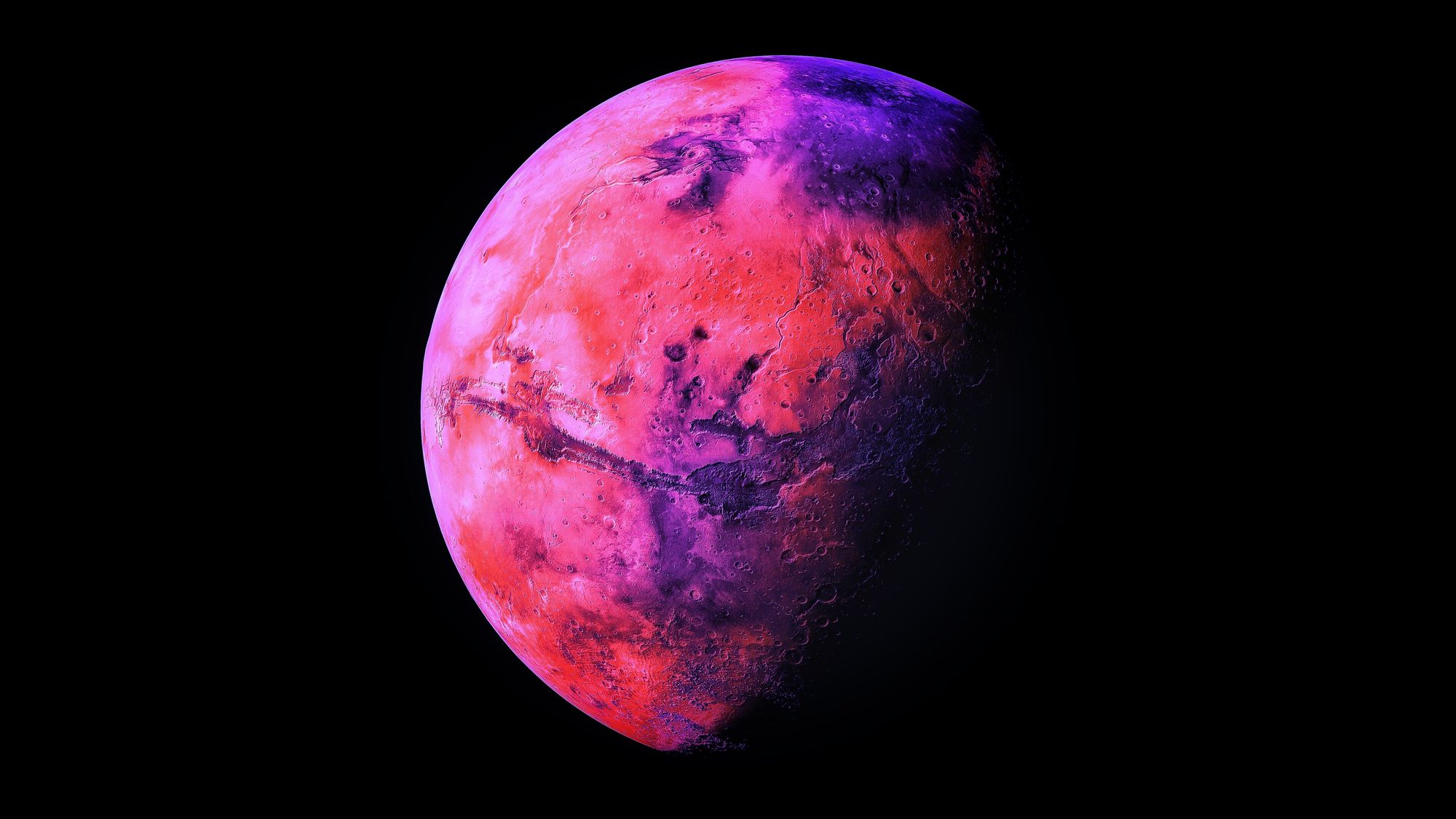Artificial Intelligence: The Boon and Bane of our Era

Artificial intelligence (AI) has come a long way from its humble beginnings. With recent advancements in AI technologies such as OpenAI's GPT-4, Microsoft's Bing Chat, and Snapchat's AI bot, we're teetering on the edge of a precipice where the line between human and AI-generated content is blurry at best. Yet, the rapid, unregulated integration of these tools raises serious concerns about their potential impact on our society.
The Rise of AI: Unraveling the Uncanny Valley
The progress made in AI is nothing short of astounding. GPT-4, the latest language model from OpenAI, is capable of generating impressively coherent and contextually rich content, often indistinguishable from human-written text. Microsoft's Bing Chat and Snapchat's AI bot have also demonstrated an uncanny ability to interact with users in a convincingly human-like manner.
New AI tools, such as midjourney and stable diffusion, are pushing the boundaries further. Midjourney, an AI photo-editing tool, allows for detailed image manipulation, while stable diffusion contributes to the creation of high-quality synthetic images.
Such advancements are steadily blurring the boundary between the 'real' and the 'synthetic.' We are rapidly approaching an era where our trust in digital content could be severely compromised—be it text, image, or even video.
The Double-Edged Sword of AI
These technological leaps, however, don't come without risks. Unregulated and unchecked integration of AI into businesses and governments poses potential threats that are hard to ignore.
Firstly, in the hands of companies or governments with a specific agenda, these AI tools could be used for misinformation or propaganda. Given the near-indistinguishable nature of AI-generated content, the dissemination of fabricated narratives could become increasingly prevalent. This raises concerns about the manipulation of public opinion and the potential impact on democratic processes.
Secondly, the notion of AI gaining sentience, while still largely within the realm of science fiction, is a thought-provoking topic. Sentient AI could potentially make decisions that go against human interests. While AI researchers emphasize safeguards to prevent this from happening, the theoretical possibility still sparks unease.
Lastly, there's the pressing issue of job displacement due to AI automation. While AI can undoubtedly boost productivity, it could also lead to widespread job loss, especially in sectors involving routine tasks. The societal implications of this mass unemployment are considerable, raising questions about income inequality and economic stability.
Towards a More Mindful AI Future
While AI's advancements are exciting, they underscore the need for careful consideration of their societal implications. With the growing integration of AI in various fields, robust regulatory frameworks are critical. These should not just govern the ethical use of AI but also address potential socio-economic impacts, such as job displacement.
In addition, we must foster a culture of transparency and responsibility among AI developers and users. An AI future can indeed be beneficial, but only if we navigate its development and integration thoughtfully and responsibly.
In conclusion, as we stand at the precipice of this new AI era, we must grapple with the duality of AI: it promises a future of immense possibilities, but it also presents significant challenges. Navigating this complex landscape will require not just technological acumen but also thoughtful dialogue and policymaking. The future of AI holds great potential; let's ensure we harness it wisely.
